Cinebench 2024 is with with new features and expanded compatibility. We look into what these features are and what this update means for benchmarking.
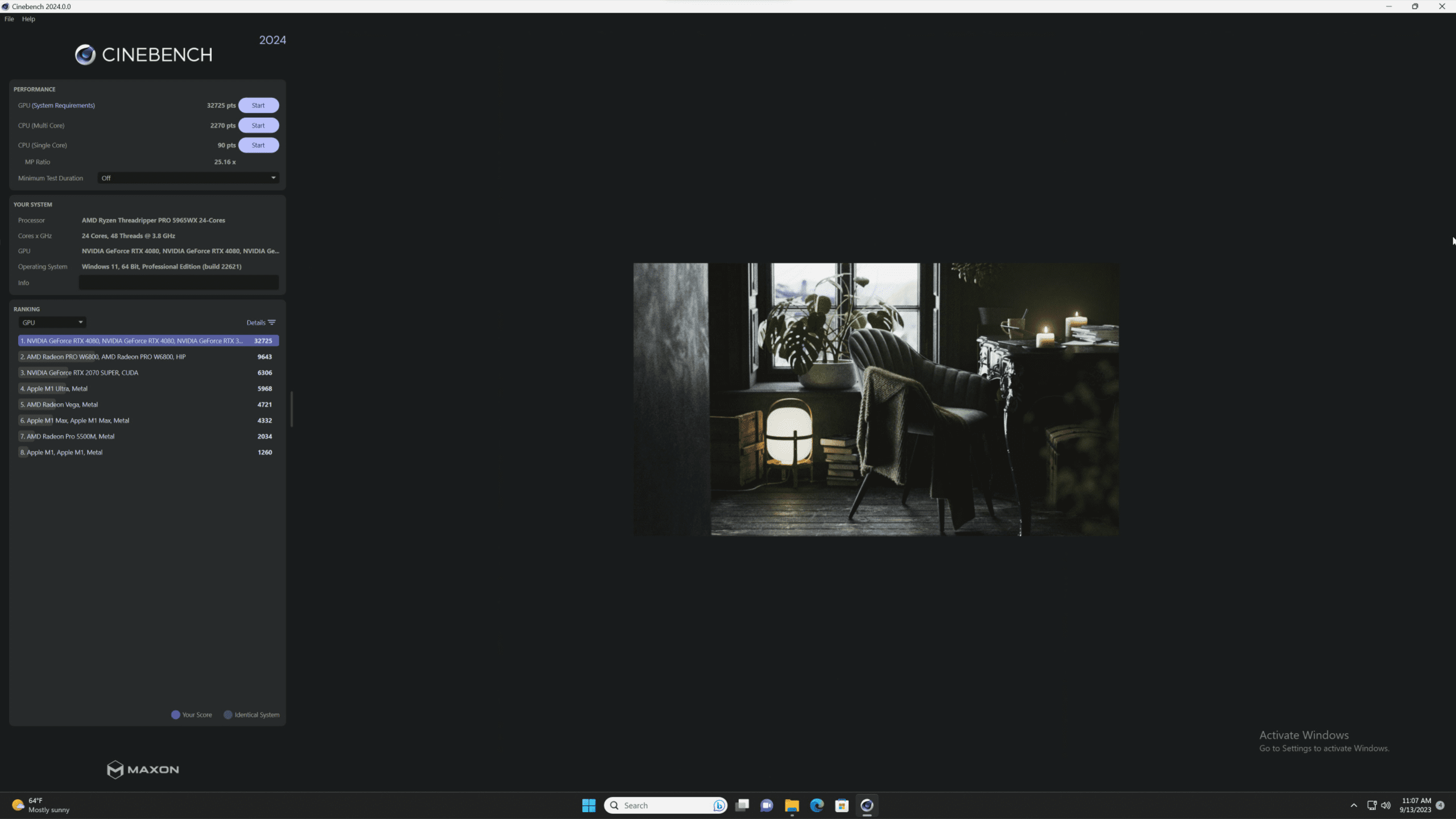

Cinebench 2024 is with with new features and expanded compatibility. We look into what these features are and what this update means for benchmarking.
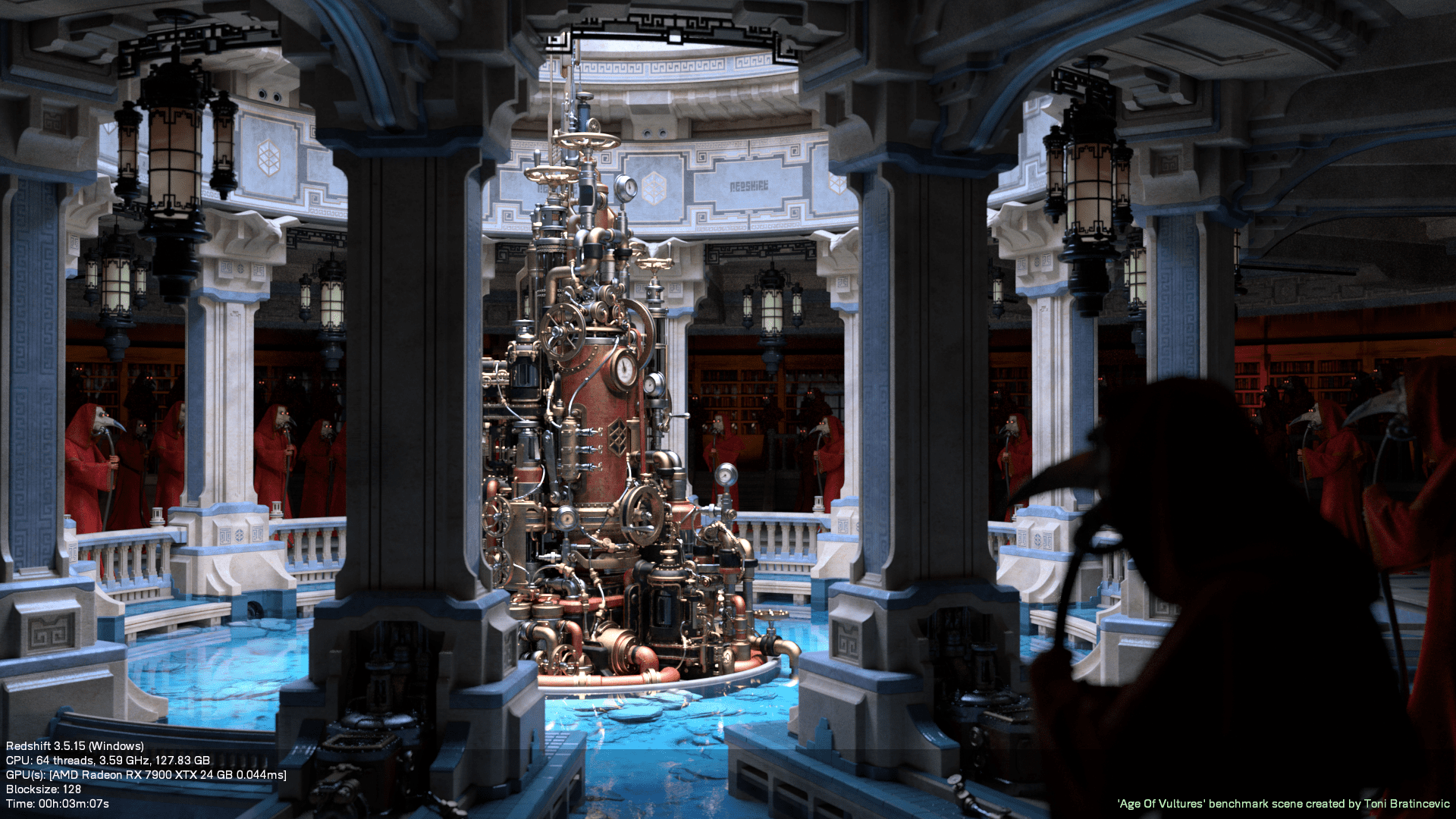
Maxon’s Redshift adds AMD GPU support. How do AMD’s video cards perform in the latest version of Redshift?
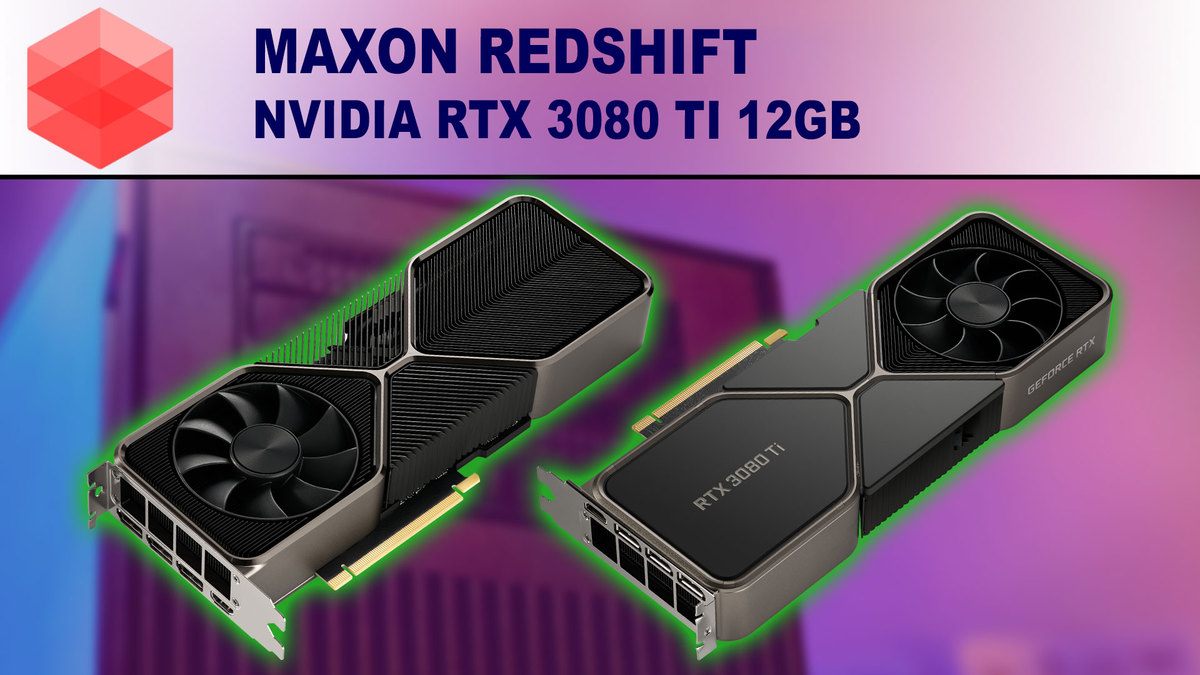
NVIDIA’s new GeForce RTX 3070 Ti & RTX 3080 Ti are here, touting more performance than their non-Ti variants – although with a larger price tag to match. The big question is exactly where these fit in Nvidia’s crowded lineup for GPU rendering within Redshift.
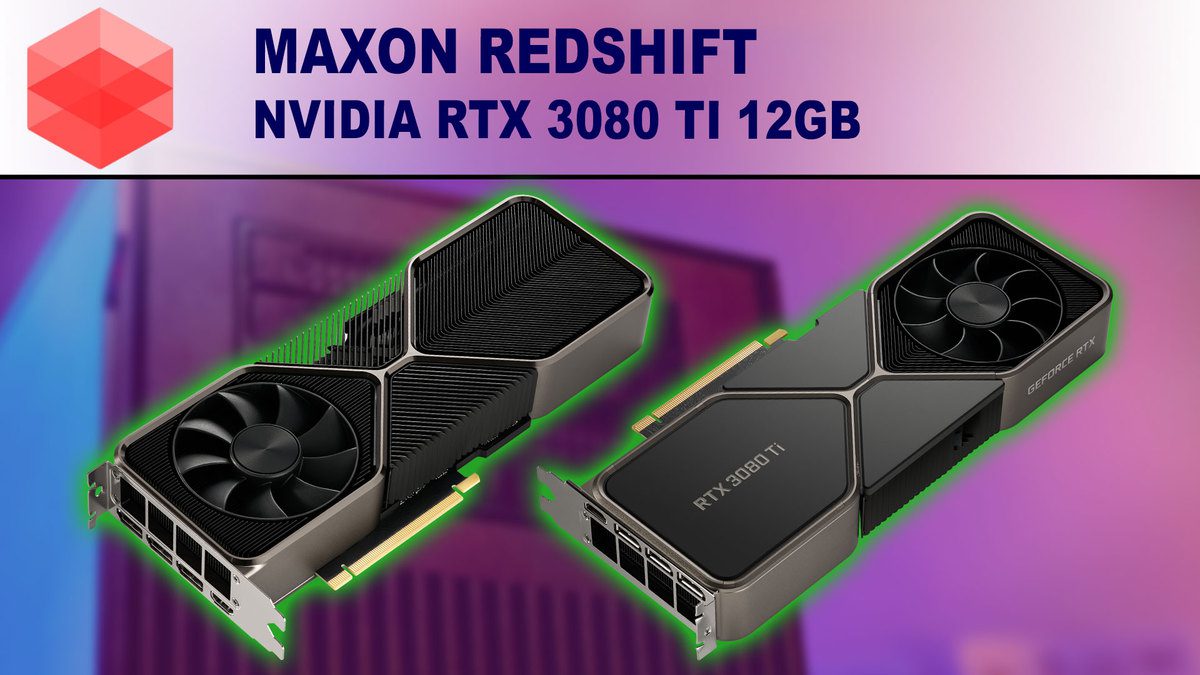
NVIDIA’s new GeForce RTX 3080 Ti is here, touting more performance and higher VRAM than the RTX 3080 – although with a larger price tag to match. The big question is exactly where this fits between the RTX 3080 and RTX 3090 for GPU rendering within Redshift.
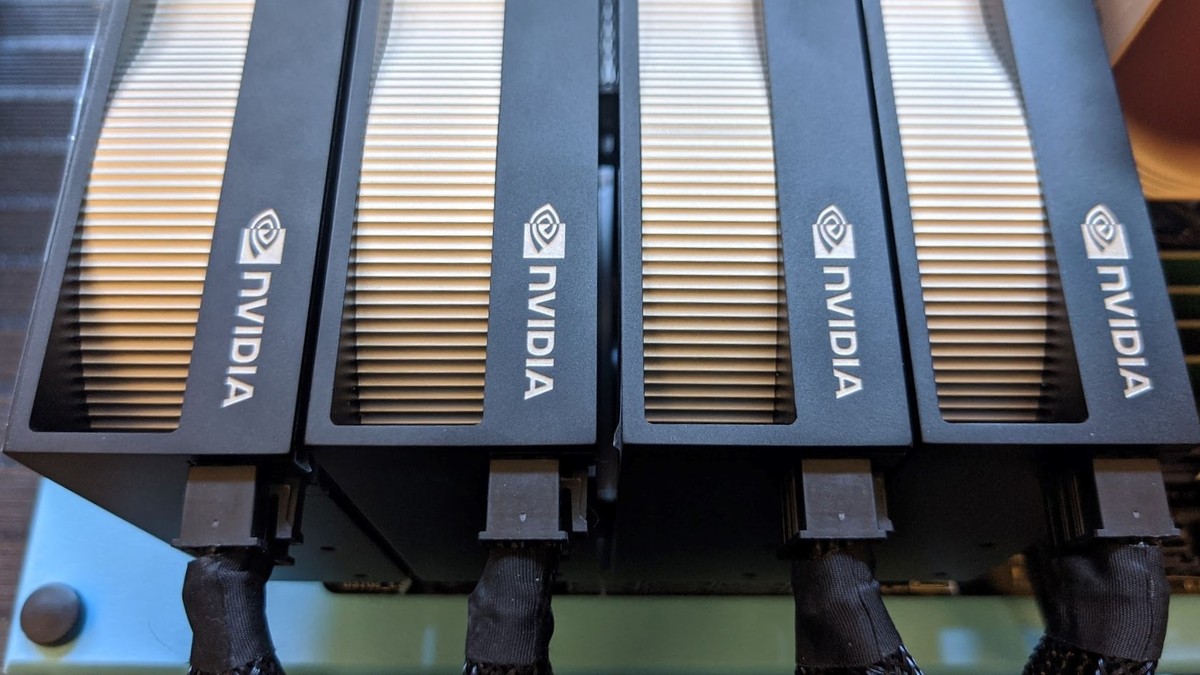
With the launch of Nvidia’s RTX A6000 video card, we look at how well these cards scale in multi-GPU configurations for rendering in Redshift, OctaneRender, and V-Ray.
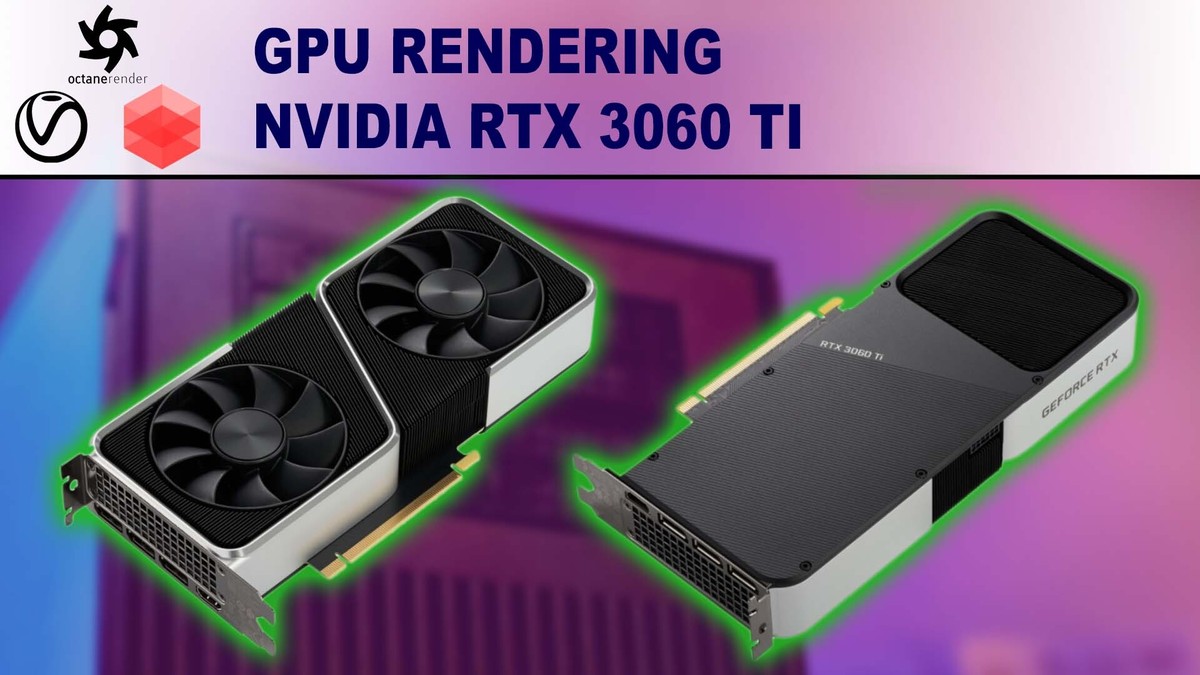
NVIDIA launched the GeForce RTX 30 Series a few months ago, but new models in this family continue to trickle in. Today we are looking at the RTX 3060 Ti 8GB model and how it performs with regard to rendering in OctaneRender, Redshift, and V-Ray.
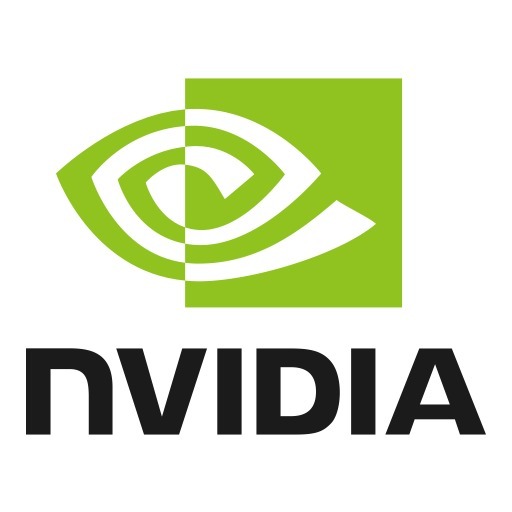
With the initial launches in NVIDIA’s GeForce RTX 30 Series complete, and availability getting better, it is time to look at how well these cards scale in multi-GPU configurations for rendering within Redshift, OctaneRender, and V-Ray.
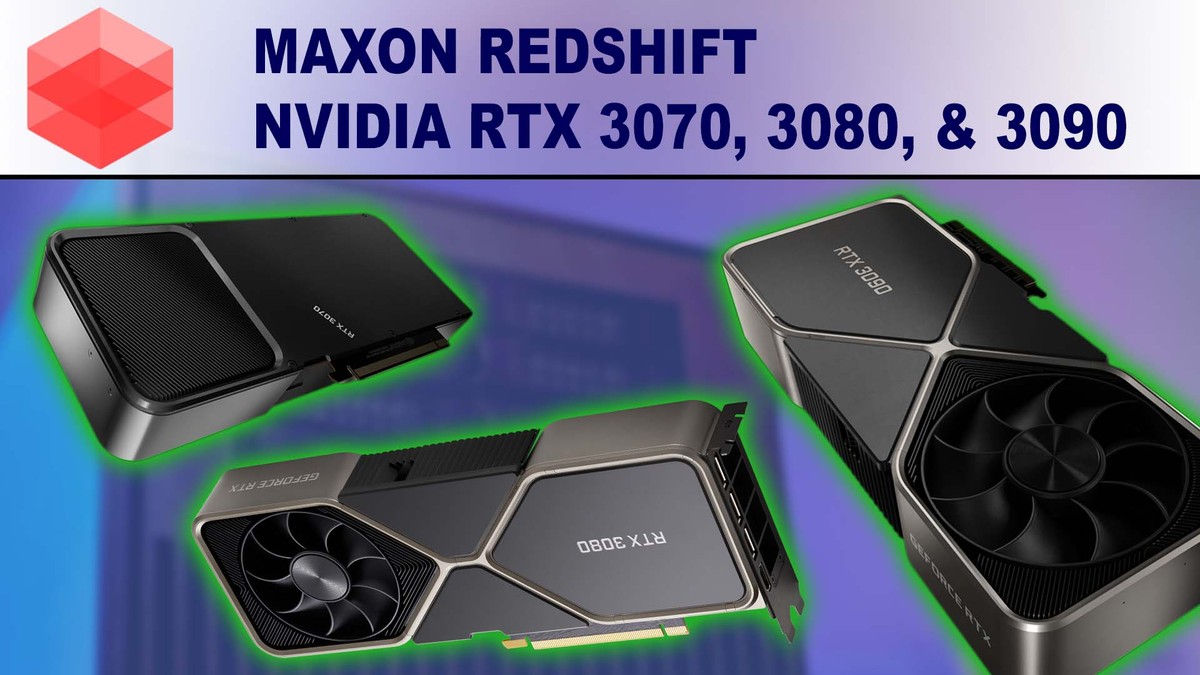
NVIDIA’s GeForce RTX 3080 and 3090 launched earlier this fall, and now the RTX 3070 has joined its siblings. How does it compare to the bigger RTX 30 Series cards? And how do they all stack up against the previous generation? In this article we take a look at how well they all fare in GPU based rendering engines like Maxon Redshift.
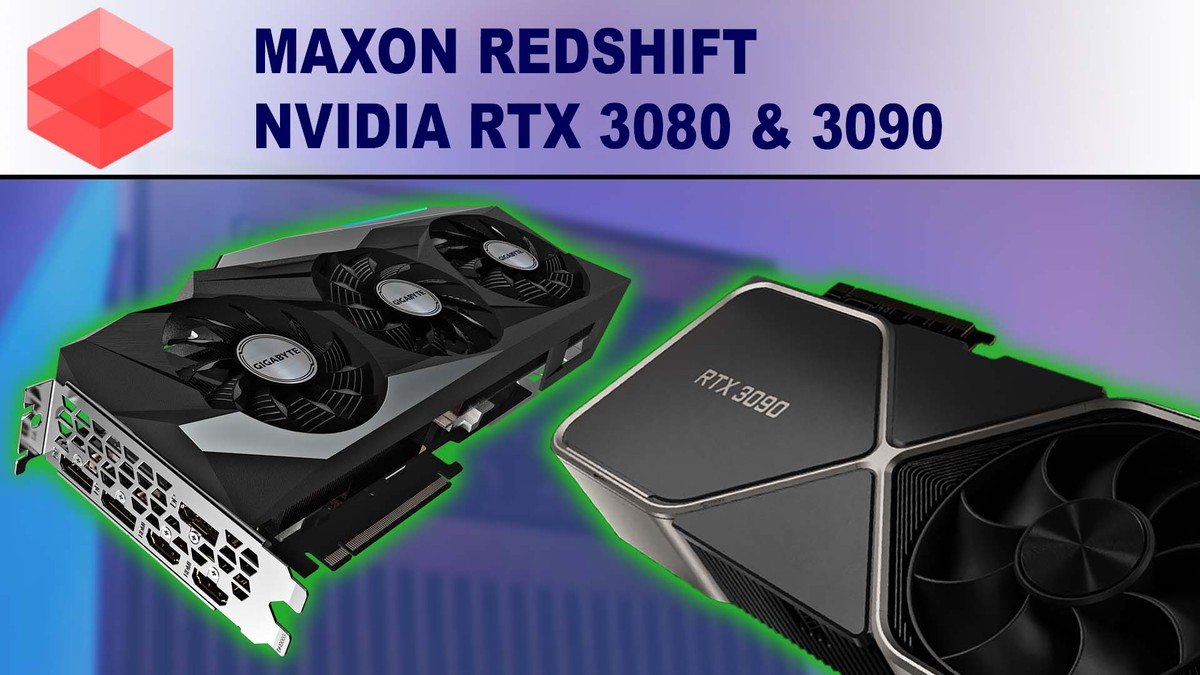
NVIDIA’s GeForce RTX 30 Series cards are here, with NVIDIA boasting significant performance gains over the previous generation. The RTX 3080 launched last week, and now with the RTX 3090 released today we can compare these models to each other as well as the older 20 Series to see how they stack up in GPU based rendering engines like Maxon Redshift.
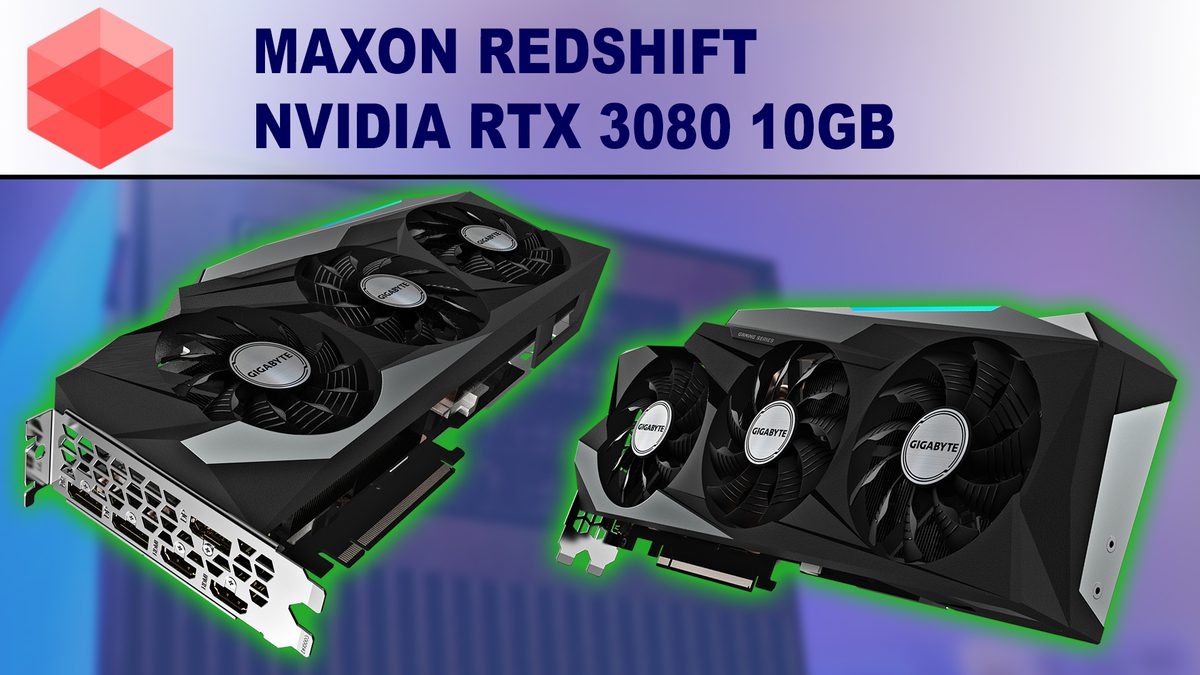
The RTX 3000 series cards are here, with NVIDIA boasting significant performance gains over the previous generation. With the RTX 3080 now launched, we can find out how large those gains are in GPU based renderers like Maxon Redshift.